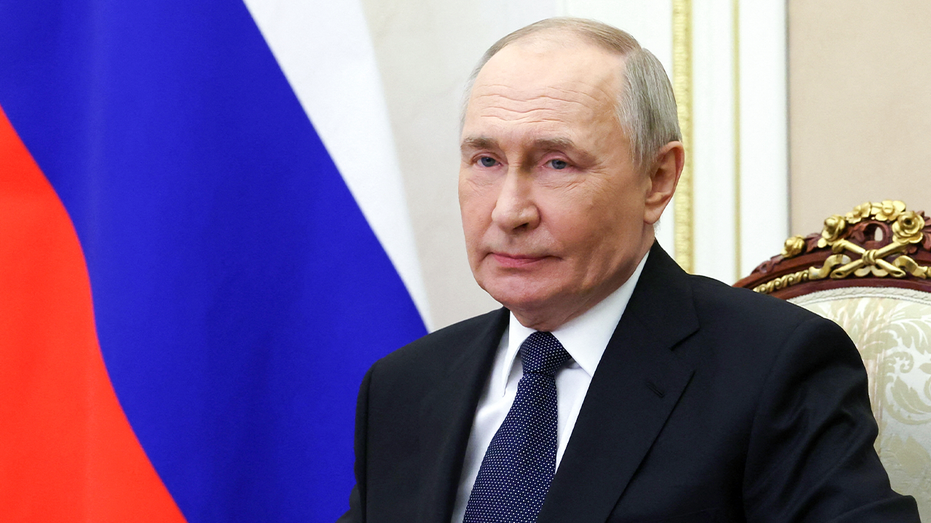President Donald Trump recently renewed calls for a territorial land swap between Russia and Ukraine — a geopolitical maneuver that, if pursued, could grant Moscow control over some of Ukraine’s most strategic and resource-rich regions.
Ukrainian President Volodymyr Zelenskyy has firmly rejected any proposal that would allow Russia to retain control of its occupied territory in the war-weary country.
ZELENSKYY WON’T CEDE TERRITORY FOR PEACE DEAL AHEAD OF TRUMP‑PUTIN SUMMIT
Russia currently occupies approximately one-fifth of Ukraine’s territory, primarily in the eastern and southeastern regions, including large swaths of Luhansk, Donetsk, Zaporizhzhia and Kherson.
These areas have been under partial or full Russian control at various points over the course of the Kremlin’s three-and-a-half-year war.
Russia also holds Crimea, Ukraine’s southern peninsula, which it annexed in 2014. The seizure of Crimea triggered a wave of international sanctions and led to Russia’s expulsion from the Group of Eight.
“The land that Russia currently occupies in Ukraine’s south and east is rich in various natural resources,” said David Salvo, the managing director of the Alliance for Securing Democracy at German Marshall Fund.
“Should Russia keep that land, they’d be stealing vast quantities of critical minerals and other key economic assets. This includes important commodities on the global market, like lithium, coal, and gas,” added Salvo, who previously served as the deputy secretary of state’s policy advisor for Europe, Eurasia and international security issues.
This strategic importance is underscored by a warning from the Institute for the Study of War, a non-partisan, nonprofit research organization based in Washington, D.C., which cautions that Russia could exploit rare-earth mineral deposits in occupied Ukraine and sell them to China.
ZELENSKYY THANKS NATO, EUROPEAN LEADERS FOR BACKING HIS PUSH TO JOIN TRUMP‑PUTIN SUMMIT
“Russia’s access to minerals in occupied Ukraine will likely augment the People’s Republic of China’s ability to access Ukraine’s minerals,” the Institute for the Study of War wrote in a statement to Fox News Digital, adding that Russia has previously worked with China to extract these commodities around the globe since at least 2005.
“The U.S.–Ukraine mineral deal signed in April 2025 will only be effective if U.S. and Ukrainian companies can access those resources,” the statement from the Institute for the Study of War went on to say, noting the challenge given that Russian forces currently hold territory containing significant deposits.
Salvo said that Russia’s occupation of Ukrainian territory along the Black Sea not only restricts Ukraine’s sea-based exports, but also grants Moscow control over valuable offshore gas reserves.
Salvo also estimates that Ukraine, historically known as Europe’s breadbasket, stands to lose billions of dollars in grain export value.
“Ukraine’s economy would survive, but it would undoubtedly lose in the hundreds of billions,” Salvo said.
Before Russia’s full-scale invasion, agriculture was Ukraine’s third-largest economic sector, contributing nearly 11% of GDP and employing about 2.5 million people, according to a 2024 European Parliament report.
According to the latest review from the Kyiv School of Economics, the Ukrainian agriculture industry has sustained approximately $80 billion in damages and losses.
The group also projects that the country’s economy will shrink by 45%, while disrupted grain exports and ongoing destruction of its agricultural sector threaten millions worldwide with hunger.
























